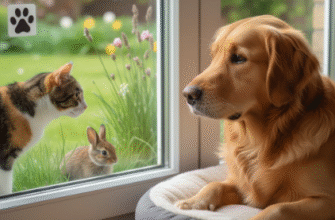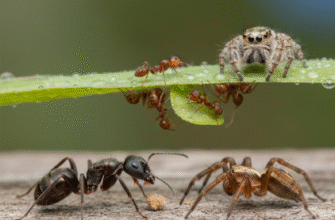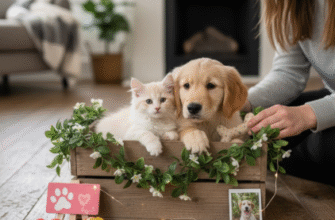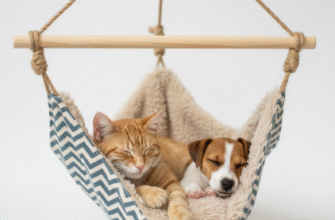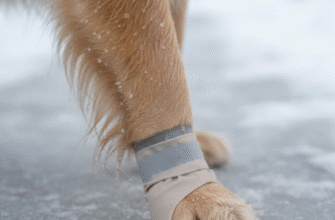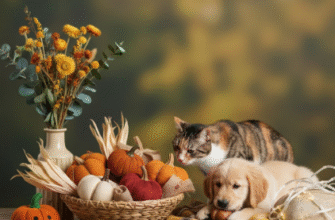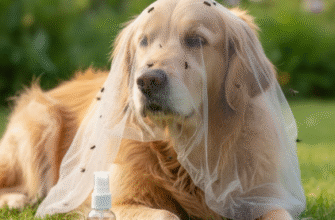The smell of charcoal, the sizzle of burgers, the laughter of friends – summer barbecues are a highlight of the season. And often, our furry best friends are right there with us, hoping for a dropped morsel or a sympathetic guest to slip them a treat. While sharing the fun is great, sharing the food can be risky business for your dog. Many common BBQ staples pose significant health hazards to canines, turning a fun gathering into a potential emergency.
It’s tempting, seeing those pleading eyes gazing up as you enjoy a juicy rib or a piece of grilled chicken. But resisting that urge is crucial for your dog’s wellbeing. What’s a harmless snack for us can cause anything from mild tummy upset to severe internal injuries or poisoning in dogs. Awareness is the first step to ensuring your four-legged pal enjoys the party safely alongside you.
Meaty Dangers: Bones, Fat, and Seasonings
Grilled meats are the star of most BBQs, but they come with hidden risks for dogs.
Cooked Bones: A Major No-No
While dogs might love chewing on bones, cooked bones are incredibly dangerous. Unlike raw bones (which also carry risks and should be given with caution and supervision), cooked bones become brittle. They can easily splinter when chewed, leading to several potential problems:
- Choking hazards
- Damage to the mouth and tongue
- Obstruction in the throat, esophagus, or intestines
- Perforation of the digestive tract
- Constipation or rectal bleeding
This applies to all cooked bones, whether they’re from ribs, chicken wings, steaks, or chops. Keep plates cleared promptly and ensure discarded bones are placed in a secure, dog-proof bin immediately. Don’t assume a larger bone is safer; they can still splinter or cause blockages.
Fatty Foods and Pancreatitis
Those fatty scraps trimmed off steaks or the skin from grilled chicken might seem like a tasty treat, but they can wreak havoc on a dog’s digestive system. Rich, fatty foods can trigger pancreatitis, a painful and potentially serious inflammation of the pancreas. Symptoms can include vomiting, diarrhea, abdominal pain, lethargy, and loss of appetite. Even a small amount of unusually rich or fatty food can be enough to cause problems in susceptible dogs. Stick to their regular food or dog-specific treats.
Seasonings, Rubs, and Marinades
Meats are often heavily seasoned before hitting the grill. Many rubs and marinades contain ingredients that are toxic to dogs, particularly onion and garlic powder. Salt, while necessary in moderation in their regular diet, can be excessive in seasoned meats, potentially leading to issues if consumed in large quantities. Keep seasoned, uncooked meat well out of reach, and avoid giving your dog any cooked meat that’s been heavily spiced or marinated.
Beyond the Meat: Other BBQ Hazards
It’s not just the main course that poses a threat. Side dishes, snacks, and even drinks commonly found at BBQs can be harmful.
Onions and Garlic: The Toxic Twins
Onions, garlic, chives, and leeks belong to the Allium family, and all are toxic to dogs (and cats). They contain compounds that can damage red blood cells, potentially leading to anemia. Toxicity can occur from eating a large amount at once or smaller amounts regularly. Remember that these ingredients are often hidden in:
- Burger patties (mixed in)
- Marinades and sauces
- Salads (like potato salad or coleslaw)
- Dips and spreads
- Seasoning powders
Be vigilant about any food item that might contain these ingredients, even in powdered form. The effects might not be immediate, sometimes taking a few days to appear.
Corn on the Cob: The Hidden Obstruction
While corn itself isn’t toxic to dogs (in moderation), the cob is a major choking and obstruction hazard. Dogs might wolf down a piece of cob, which can easily become lodged in their throat or intestines. An intestinal blockage is a serious emergency requiring veterinary intervention, often surgery. Never let your dog chew on corn cobs, and dispose of them securely.
Beware the Cob! Corn cobs are a leading cause of intestinal obstruction surgery in dogs during the summer months. They might seem fun to chew, but they don’t break down easily in the digestive system. Always dispose of cobs immediately in a secure, dog-proof trash can.
Grapes and Raisins: Kidney Risks
Sometimes fruit salads or platters make an appearance at BBQs. Grapes and raisins are highly toxic to dogs and can cause kidney failure. The exact toxic substance is unknown, and sensitivity varies between dogs, but even a small amount can be dangerous. Keep any dishes containing grapes or raisins far away from curious noses.
Alcoholic Beverages: A Definite Danger
It might seem obvious, but never let your dog lap up spilled beer or unattended alcoholic drinks. Alcohol affects dogs much more quickly and severely than humans due to their smaller size and different metabolism. It can cause vomiting, diarrhea, coordination problems, difficulty breathing, tremors, central nervous system depression, and even coma or death. Keep all alcoholic drinks well out of reach.
Desserts and Sweeteners: Xylitol Alert
Many desserts, especially sugar-free options, contain xylitol. This artificial sweetener is extremely toxic to dogs. Even tiny amounts can cause a rapid release of insulin, leading to hypoglycemia (low blood sugar), which can manifest as weakness, lethargy, staggering, collapse, and seizures. Liver failure can also occur. Xylitol is found in sugar-free gum, candies, baked goods, some peanut butters, and other processed foods. Always check labels and keep all human desserts away from your dog.
Keeping Your Canine Companion Safe
Prevention is key to a safe and happy BBQ for everyone, including your dog.
Communicate with Guests
Politely inform your guests not to feed your dog any table scraps or human food, no matter how much they beg. Explain that many common foods are harmful to dogs. Most people are happy to comply once they understand the risks.
Secure Food and Trash
Keep food platters on high tables or counters, well away from the edge. Ensure trash cans have secure lids that your dog cannot open. Promptly clear away finished plates and dispose of leftovers safely. Remember that dogs have an incredible sense of smell and can be very resourceful when food is involved!
Provide Safe Alternatives
Have plenty of fresh water available for your dog, especially on hot days. Bring along some of their favorite dog-safe treats or a chew toy to keep them occupied and feeling included. A frozen Kong stuffed with dog-safe peanut butter (check for xylitol!) or plain yogurt can be a great distraction.
Supervise Your Dog
Keep an eye on your dog, especially in crowded or unfamiliar environments. It only takes a second for them to snatch a fallen piece of food or for a well-meaning guest to offer a dangerous snack. Consider keeping your dog on a leash, even in a fenced yard, for better control during peak eating times.
Be Prepared. Keep your veterinarian’s phone number and the number for an emergency animal clinic readily accessible. Familiarize yourself with the signs of common food toxicities or choking. Quick action can make a significant difference in the outcome if your dog does ingest something harmful.
Summer BBQs are meant for enjoyment and relaxation. By understanding the potential food hazards and taking simple precautions, you can ensure the festivities remain safe and fun for every member of your family, including the furry ones. Don’t let a preventable food mishap spoil your summer gathering. Keep human food for humans and dog-safe treats for your canine pal, and you can all enjoy the sunshine and good company worry-free.

